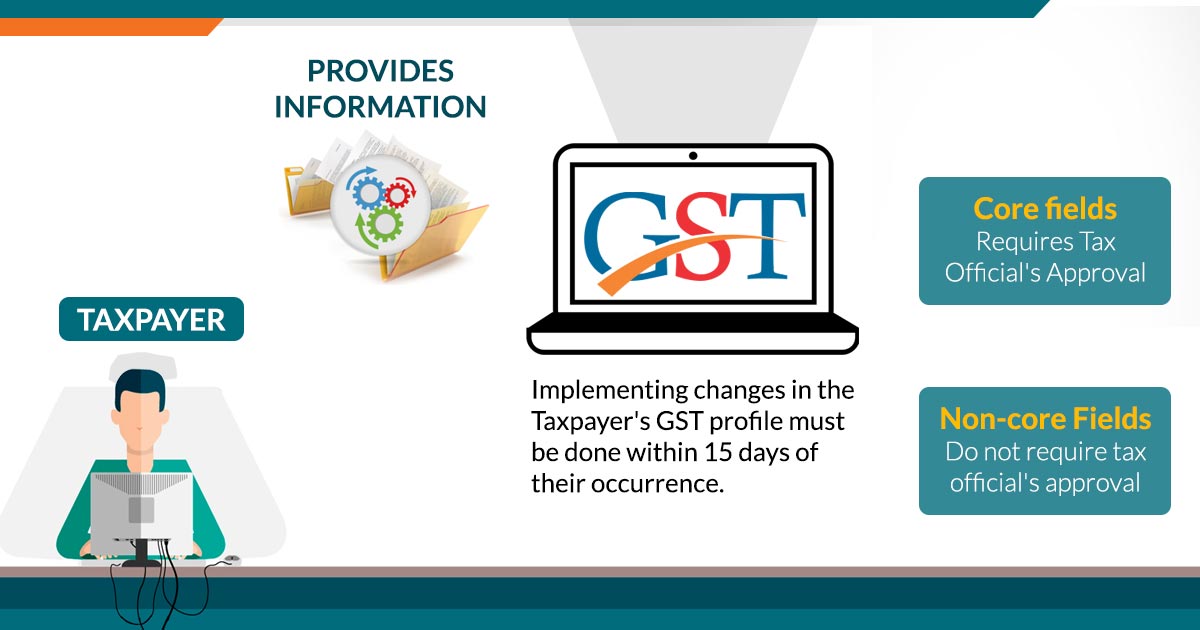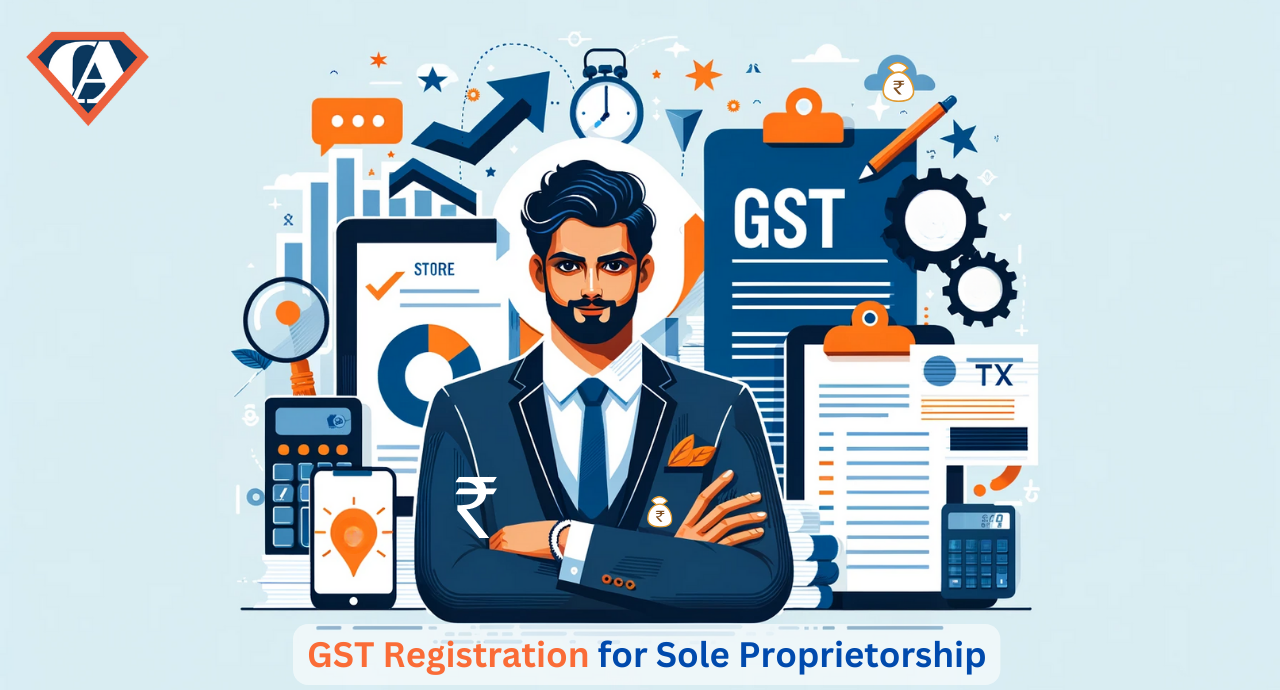Specialist Tips for Picking the very best GST Registration Services in Singapore
Specialist Tips for Picking the very best GST Registration Services in Singapore
Blog Article
From Beginning to Complete: The Ultimate Roadmap to GST Registration for Businesses Seeking Financial Stability
Navigating the complexities of Goods and Solutions Tax (GST) registration is a vital action for services aiming for monetary stability. Breaking down the roadmap into manageable steps can simplify the enrollment journey for organizations looking to enhance their economic standing.
Comprehending GST Fundamentals
Digging right into the fundamental concepts of Product and Services Tax (GST) is essential for gaining an extensive understanding of its implications on services and the economic climate. GST is a value-added tax imposed on many items and services for residential usage. It has changed numerous indirect taxes that existed in the pre-GST age, enhancing the tax framework and improving ease of doing company in India. Under the GST system, both goods and solutions are taxed at a specific price, which is figured out based upon their category. Services are required to sign up for GST if their annual turnover goes beyond the threshold limitation established by the government. Input Tax Obligation Credit Score (ITC) is a substantial function of GST, permitting companies to assert credit scores for tax obligations paid on inputs, minimizing the overall tax worry. Comprehending the fundamentals of GST is important for businesses to conform with tax obligation guidelines, manage their funds effectively, and add to the nation's financial development by taking part in a transparent tax system.
Qualification Criteria for Enrollment
To sign up for GST, services need to fulfill certain qualification requirements established by the federal government. The primary qualification demand is that any type of company involved in the supply of items or solutions with an annual accumulation turn over above the threshold limit set by the authorities have to register for GST. As of the present policies, the threshold limitation for GST enrollment is an annual aggregate turn over of 40 lakhs for businesses running within a state, besides unique classification states where the limitation is 20 lakhs. Furthermore, specific companies are required to sign up for GST regardless of their turn over, such as interstate suppliers, informal taxed persons, and companies reliant pay tax obligation under the reverse cost system. It is critical for organizations to completely evaluate their turn over and deal kinds to identify their GST registration commitments accurately. Failure to sign up for GST when eligible can bring about charges and legal repercussions, making it necessary for companies to follow the specified qualification standards.
Papers Required for Registration
Having fulfilled the eligibility standards for GST registration, services must now ensure they have the requisite records in place to wage the registration process efficiently. The files required for GST registration typically consist of evidence of organization constitution, such as partnership action, enrollment certification, or incorporation certificate for various kinds of businesses. Furthermore, services require to give documents establishing the principal place of company, such as a rental arrangement or electrical energy expense. PAN card of business, along with the identity and address evidence of promoters/partners/directors, are vital for confirmation purposes. Savings account statements, together with canceled cheques or a copy of the bank passbook, are needed to validate the financial information provided throughout enrollment. In addition, services have to have electronic trademarks prepared for the licensed signatory. Making sure all these files are organized and easily available will quicken the GST enrollment procedure, enabling businesses to adhere to tax regulations flawlessly.
Step-by-Step Registration Refine
Beginning the GST enrollment procedure involves a collection of organized steps to make certain a seamless and compliant enrollment for businesses. The very first action is to check out the GST site and submit the registration type with precise details of business entity. Following this, the applicant receives a Short-lived Referral Number (TRN) which is made use of to resume the application process if it's not completed in one go.
Following, all required files according to the checklist provided by the GST portal demand to be submitted. These papers typically include evidence of business address, enrollment and identification evidence of marketers, economic statements, and business entity's frying pan card.

Post-Registration Compliance Standards

Verdict
To conclude, companies looking for economic security should recognize the fundamentals of GST, satisfy eligibility requirements, gather needed documents, follow the step-by-step enrollment process, and abide by post-registration standards - Best GST registration services in Singapore. By sticking to these actions, services can make sure conformity with tax obligation laws and maintain monetary security over time
Furthermore, specific companies are needed to sign up for GST irrespective of their turn over, redirected here such as interstate distributors, informal taxed persons, and companies liable to pay tax obligation under the reverse cost mechanism.Having satisfied the eligibility requirements for GST registration, businesses need to currently ensure they have the requisite papers in location to continue with the registration procedure effectively. The documents needed for GST enrollment normally include evidence of company constitution, such as partnership action, enrollment certification, or unification certification for various types of services. Additionally, organizations need to provide records establishing the major place of organization, such as a rental arrangement or electricity expense.Starting the GST enrollment procedure involves a series of organized steps to make certain a certified and smooth enrollment for services.
Report this page